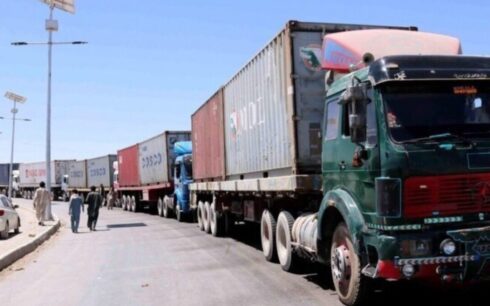KABUL, Afghanistan — Taliban leader Hibatullah Akhundzada has ordered the creation of an “independent agency” to strengthen and integrate state-owned corporations.
According to Akhundzada’s decree, the new body will include members from the Taliban cabinet and the economic commission of the Taliban chief minister’s office, focusing on regulating these corporations.
At a Kabul event on Sunday, Taliban Deputy Chief Minister Abdul Ghani Baradar emphasized that public companies can foster healthy competition with the private sector and help prevent the hoarding of goods.
The agency’s primary goal is to enhance the operations of state-owned enterprises, such as the Central Silo and Helmand’s Bost Factory, among others. Its members include Abdul Ghani Baradar and several Taliban cabinet members.
“Government companies should create healthy competition with the private sector, prevent hoarding, and provide better services, thereby supporting the government’s budget. However, unfortunately, government companies in Afghanistan have fallen short of these objectives,” Baradar stated.
The Taliban estimates the value and capital of these state-owned companies at approximately $15 billion.
Ahmad Jan Bilal, head of state-owned firms, explained, “A decree established an independent administration for the regulation of Emirati companies, with cabinet members and the economic commission as its members.”
Mohammad Yunus Mohmand, acting head of the chamber of investment and trade, suggested, “Public cooperation can be instrumental. For example, if someone has $2,000 at home and the plan of a factory, like the Bost or Spinghar factory, is announced, people’s involvement can drive progress, and shares should be offered to them.”
Previously converted into state-owned enterprises in 2019, Afghanistan now boasts 44 such enterprises in various sectors, including metal elements, Jabal Al-Saraj cement, handicrafts development, and construction. Despite owning hundreds of acres of land, these companies are currently operating at a loss.





